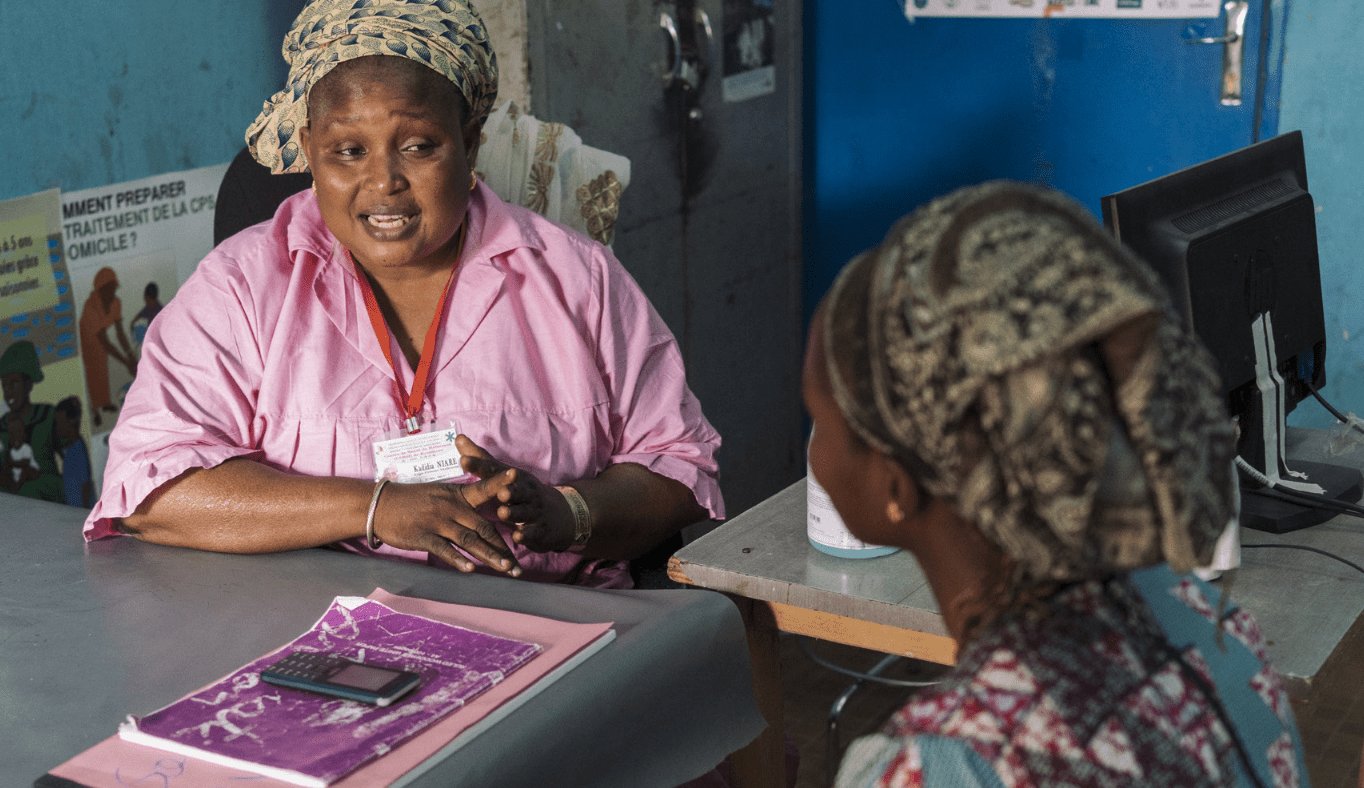Government Implementation and Institutionalization of the Universal Referral Approach for Family Planning in francophone West Africa
INTRODUCTION
West Africa has one of the highest fertility rates in the world at 5.5 children per woman (Ouagadougou Partnership 2011). The region also has one of the lowest contraceptive prevalence rates (19.1%) and one of the highest rates of unmet need for contraception (27.2%) in the world (Ouagadougou Partnership 2011). The resulting large number of unplanned or unwanted pregnancies can pose serious health risks for mothers and infants (World Health Organization 2019), making access to family planning (FP) essential for improving maternal and infant health. To improve modern contraceptive use and reduce unmet need, The Challenge Initiative (TCI) francophone West Africa (FWA) Hub supported municipalities and health systems in nine cities to adopt evidence-based practices like universal referral. Universal referral integrates the provision of FP through other health services or entry points (e.g., prenatal consultations, postnatal consultations, immunizations, monitoring and promotion of child growth, screenings and treatment for sexually transmitted infections, and primary care consultations) offered at the health facility to minimize missed opportunities to support women with FP counseling and service uptake. Providers, through universal referral, counsel, then refer or offer a method to all women of reproductive age (WRA) who enter a facility—regardless of the initial reason for their visit. After acknowledging the reason the woman came to the facility, the provider asks the client’s permission to spend a few minutes talking about her FP needs. Clients may consent to or refuse counseling and care. If the provider obtains the client’s consent, the provider uses a job aid to ask three questions:
- Do you know about family planning?
- Are you using contraception?
- Would you like to use a contraceptive method?
Read the full report here.
Published: February 2023
Authors: Mamadou Kandji, Hawa Talla, René Jean Firmin Nakoulma, Cheikh Ibrahima Diop, Sujata Bijou,
Vanessa Mitchell, Josephat Avoce,1 Marième Mady Dia
